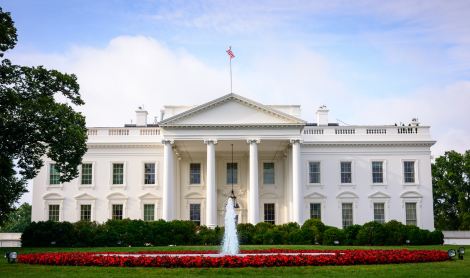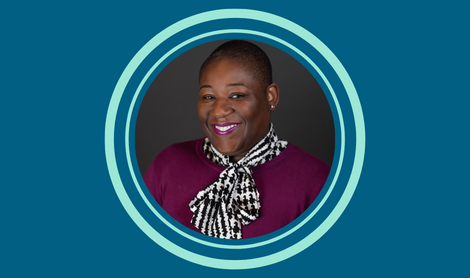Guest Post: Larry Miller and Betheny Gross
Charter schools are leading the nation in seeking new ways to personalize learning with a blend of teacher-led and technology-based instruction. If they are successful, these schools will dramatically accelerate student learning and use their funding much more strategically. Unfortunately, early bumps in the road (bumps familiar to anyone who has started a new school) are steering some of these schools off course. But as authorizers, you can help these schools stay on track with hard but pointed questions to leaders proposing these new models.
Over the last year at CRPE we’ve been examining the finances of 8 new charter schools that opened in 2012 with personalized learning models that incorporated strong technology elements. The schools were all recipients of startup grants from Next General Learning Challenges (NGLC).
In the first year of implementation many of these schools missed enrollment projections and fundraising targets leading to budget gaps. That they faced these challenges is not surprising – missed projections are fairly common in startups. The way these schools handled those budget gaps, however, raised some red flags. Six of the schools severely cut their technology budgets, potentially jeopardizing their efforts to personalize learning and more productively use their resources.
Authorizers reviewing applications for these schools can do themselves and the prospective school leaders a favor by asking a few pointed questions like the following:
- What are your plans for student recruitment and private fundraising? What will make these efforts successful?
- How will your resource allocations change if you miss your enrollment target?
- What will you cut if you miss your revenue target? What if your budget gap is $200,000 or more?
- How will your contracts for software, hardware, and even facilities allow you to flex costs with enrollment fluctuations?
- What contingency plans do you have in place for technology that does not work out?
Charter schools, with all their flexibility and incentives to improve, are the perfect testing ground for the most innovative and modern approaches to personalized learning and more productive ways to organize staff and time. But new charter schools, whether or not they use technology, are often overly optimistic about enrollment and fundraising projections. And when revenues fall short, they can easily fall back into very traditional thinking: that technology is an add-on, not a new way of doing business. Authorizers can help by pushing schools to be both realistic about budgets and ambitious about new, more productive ways to approach schooling.


